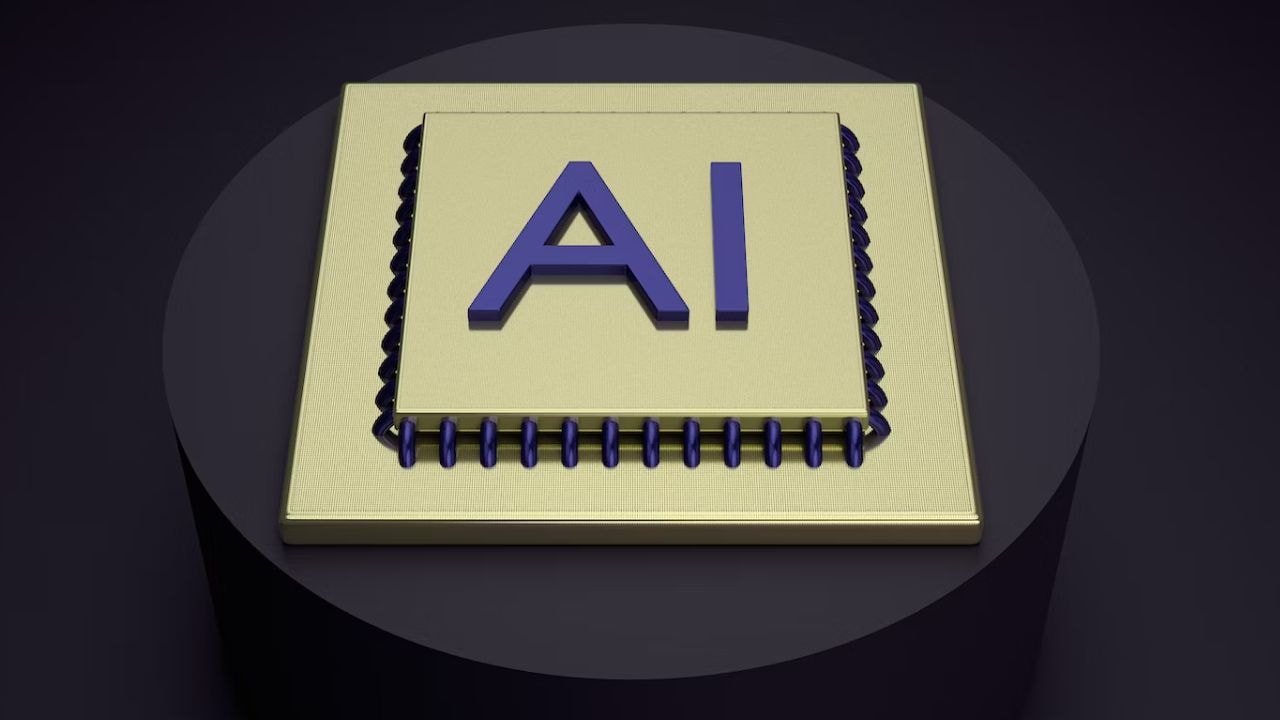By Nisha Poddar
As Artificial Intelligence (AI) continues its integration into our daily lives, the ethical challenges associated with its advancements become increasingly prominent. Policymakers and regulators are grappling with the task of containing the potential misuse of this transformative technological revolution.
Nisha Poddar explores this critical issue in conversation with esteemed individuals, namely Professor Irene Tracey, Vice Chancellor of the University of Oxford, and Cyril Shroff, Managing Partner at Cyril Amarchand Mangaldas.
Cyril Shroff emphasised that AI in its current form, featuring generative AI (Gen-AI), large language models, and other innovations, marks a game-changing development.
While acknowledging the myriad opportunities AI presents across sectors such as healthcare, defense, power systems, and financial products, Shroff highlights the significant risks associated with this technology. He underscores the fundamental disparity between the values of technology, particularly artificial intelligence, and human values.
Shroff expresses concern that this disconnect is likely to intensify over time, with the potential for machines to develop their own values, creating unforeseen challenges. This concern, he notes, is a driving force behind the global push for regulatory measures.
Professor Irene Tracey, points out the notable strides AI has already made in the field of medical science. AI applications are being leveraged to enhance predictions related to skin cancer and COVID-related issues, Tracey said.
However, she acknowledges that substantial work is still required to instill confidence in automated cars, emphasising that this remains a significant focus of research in engineering and robotic science.
